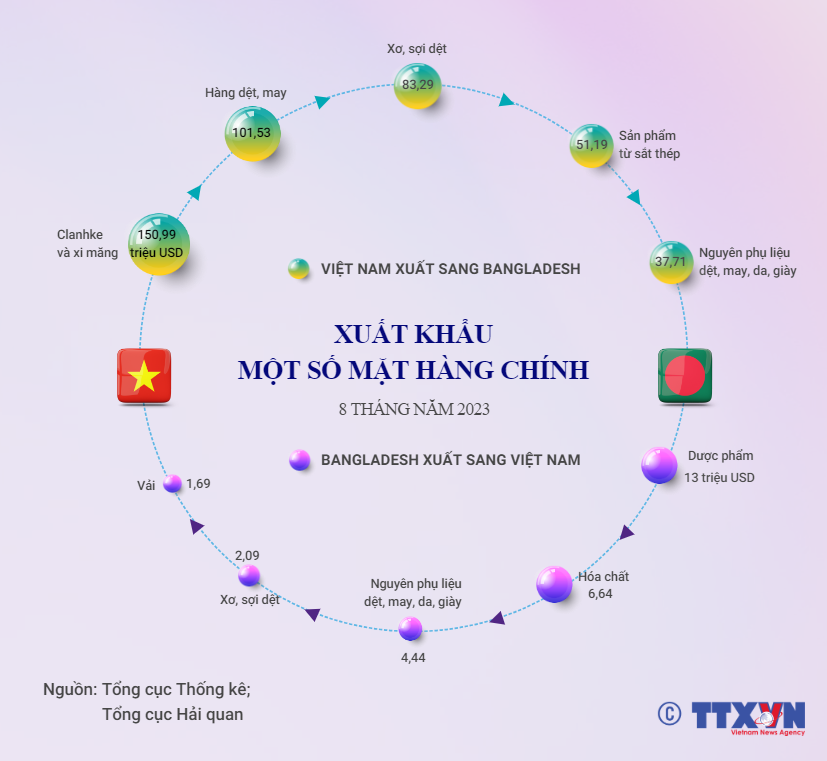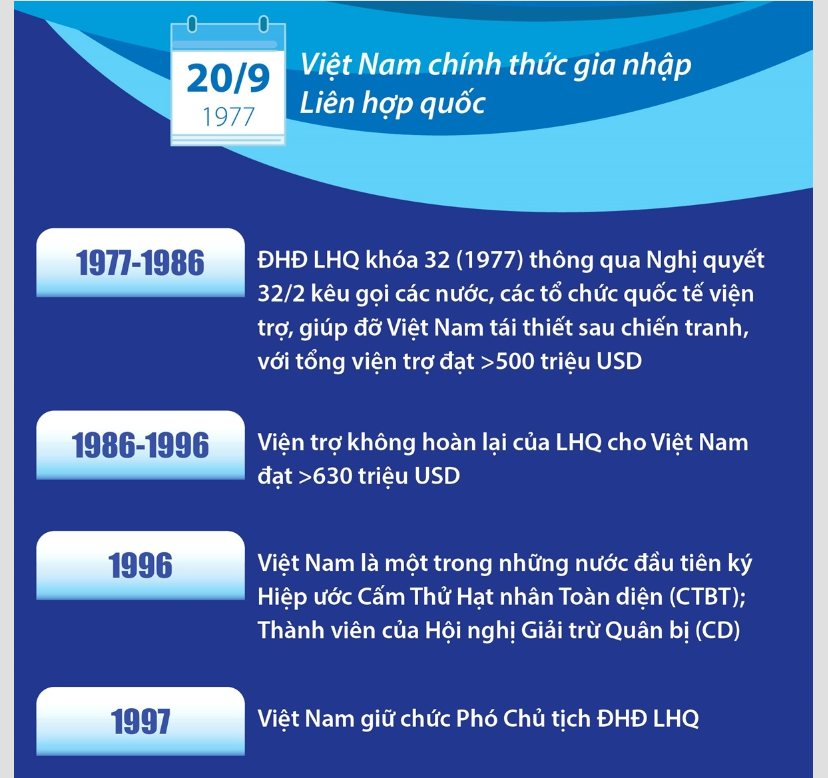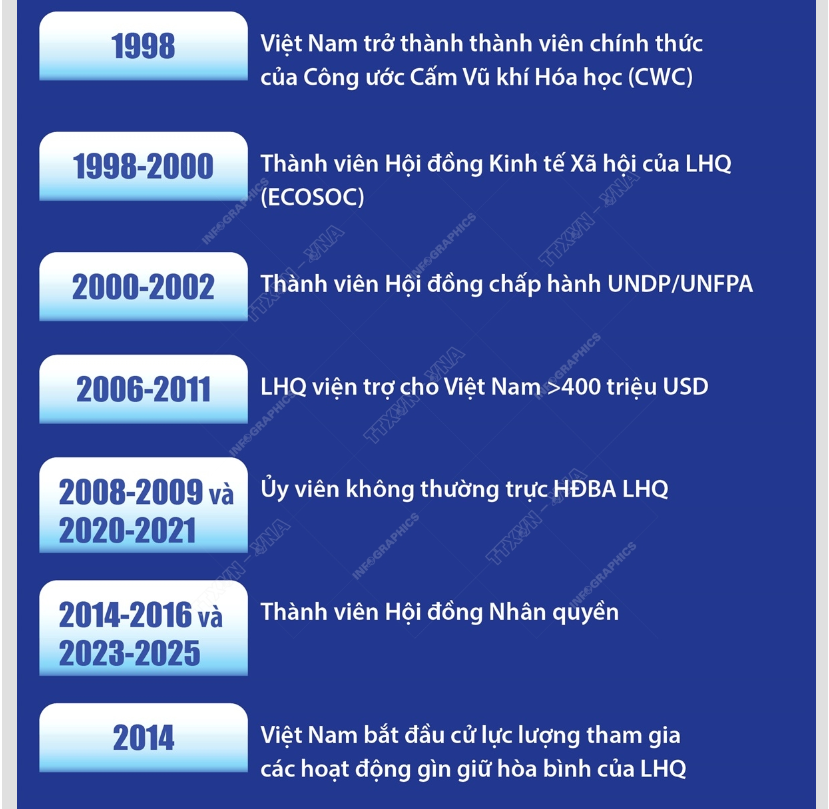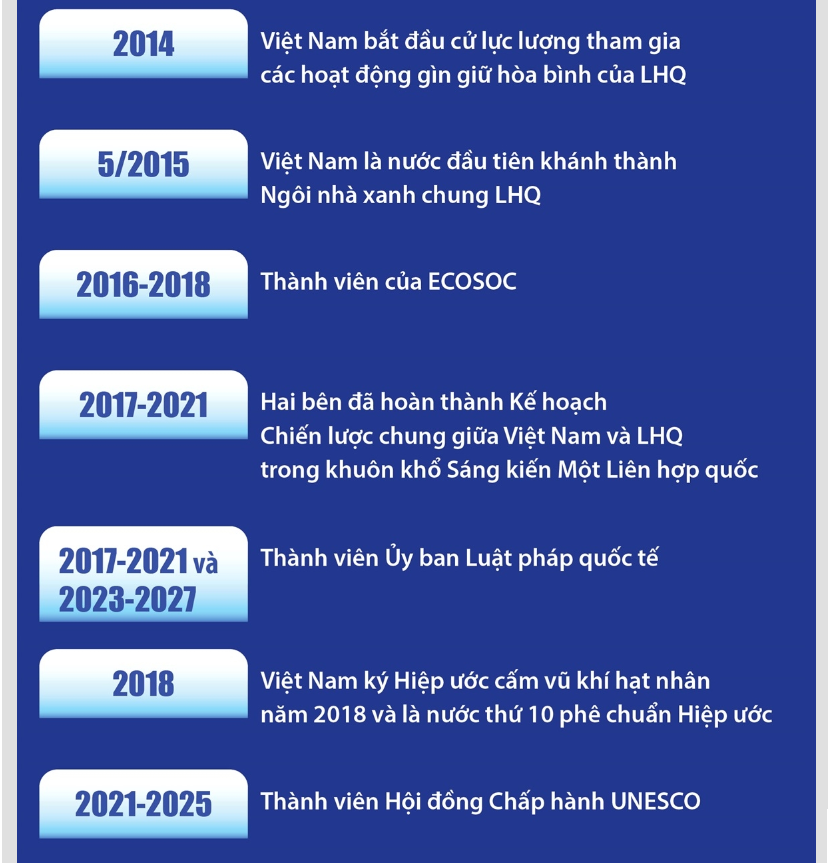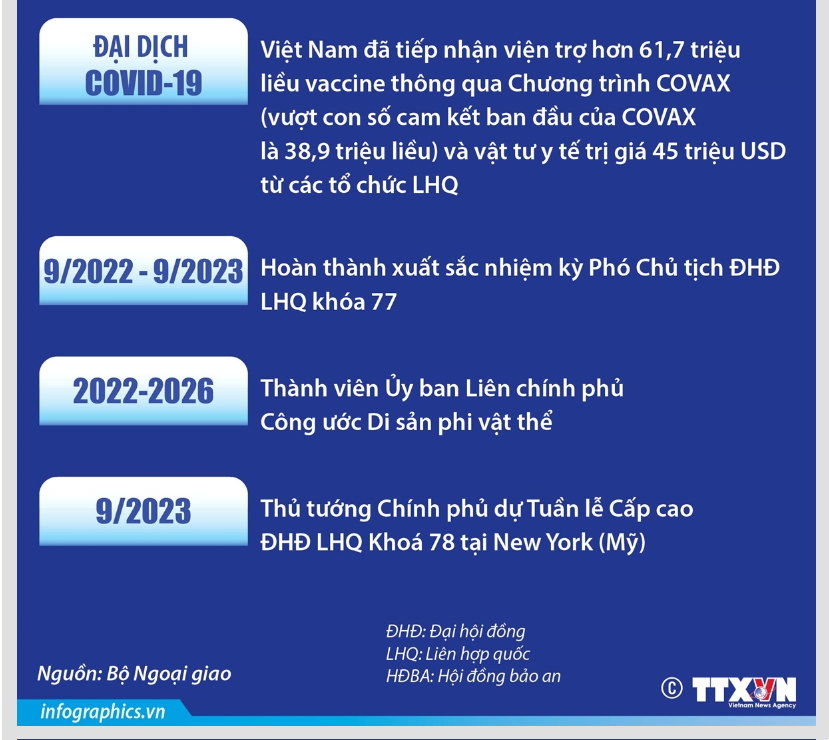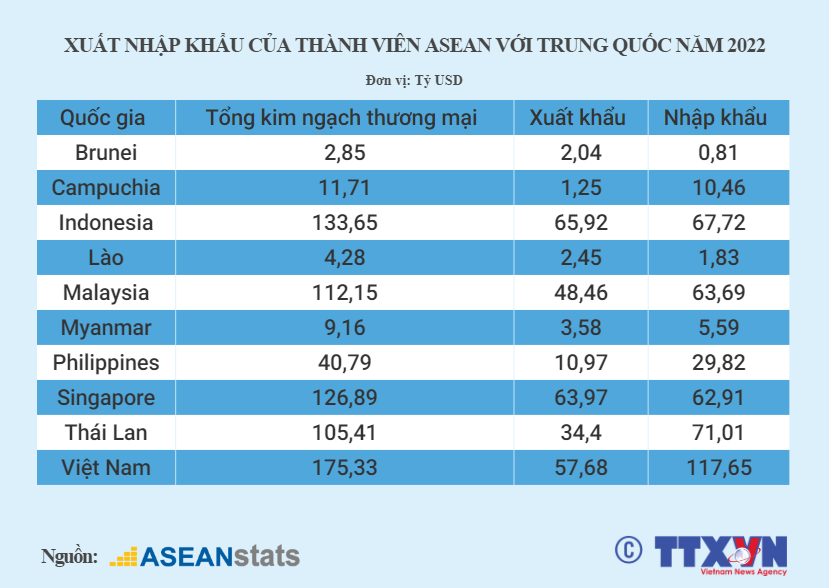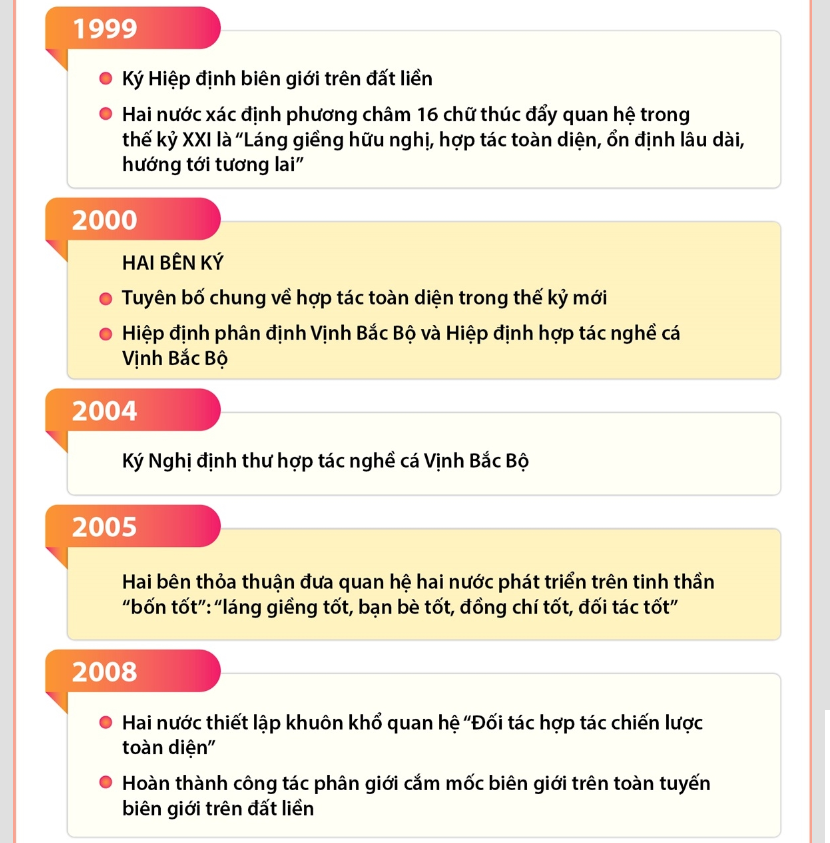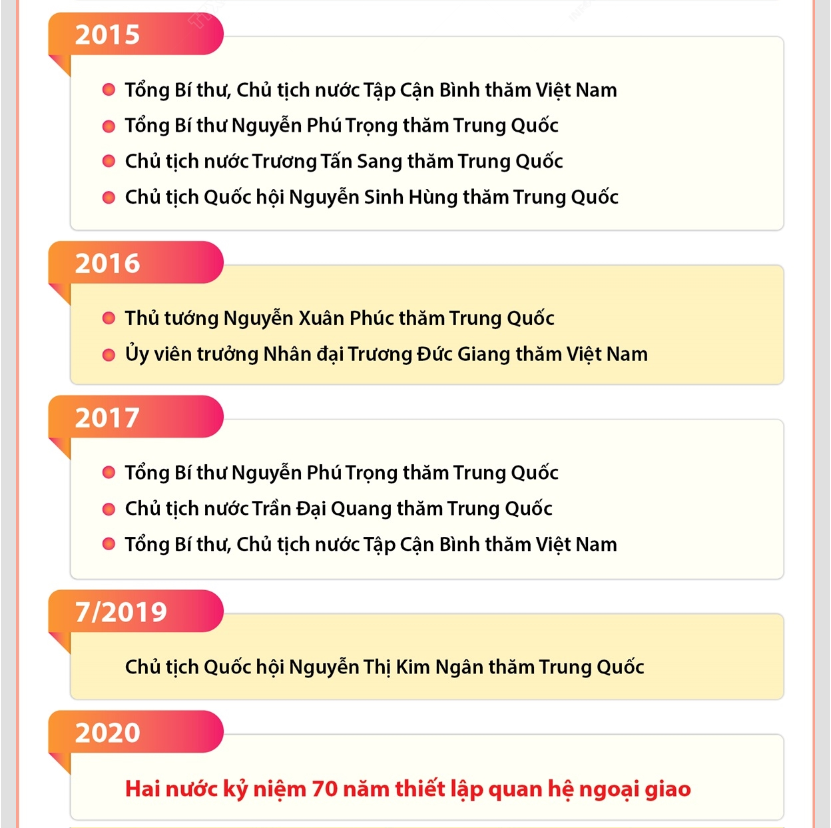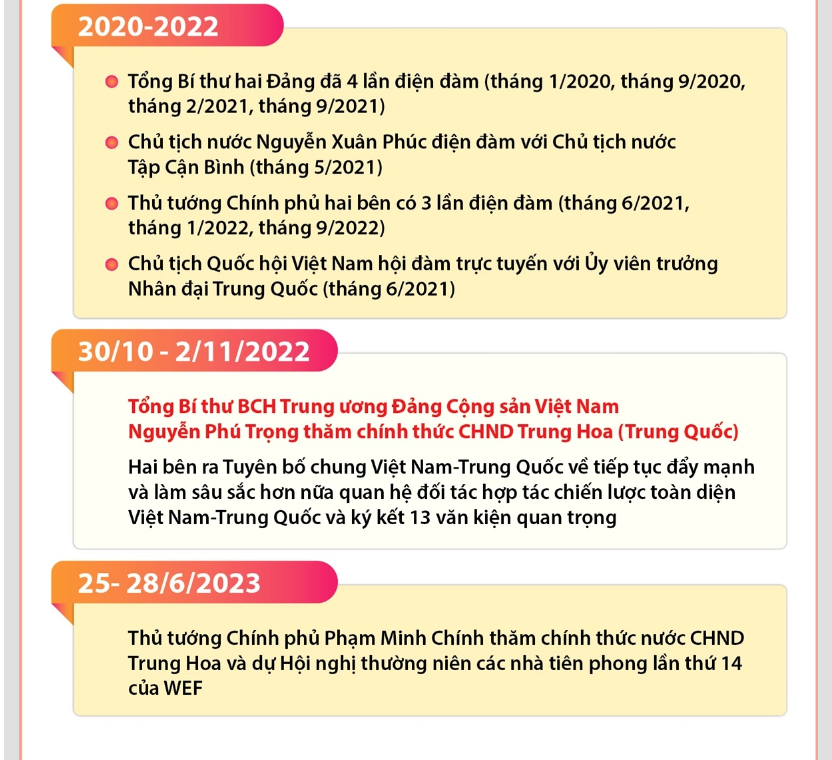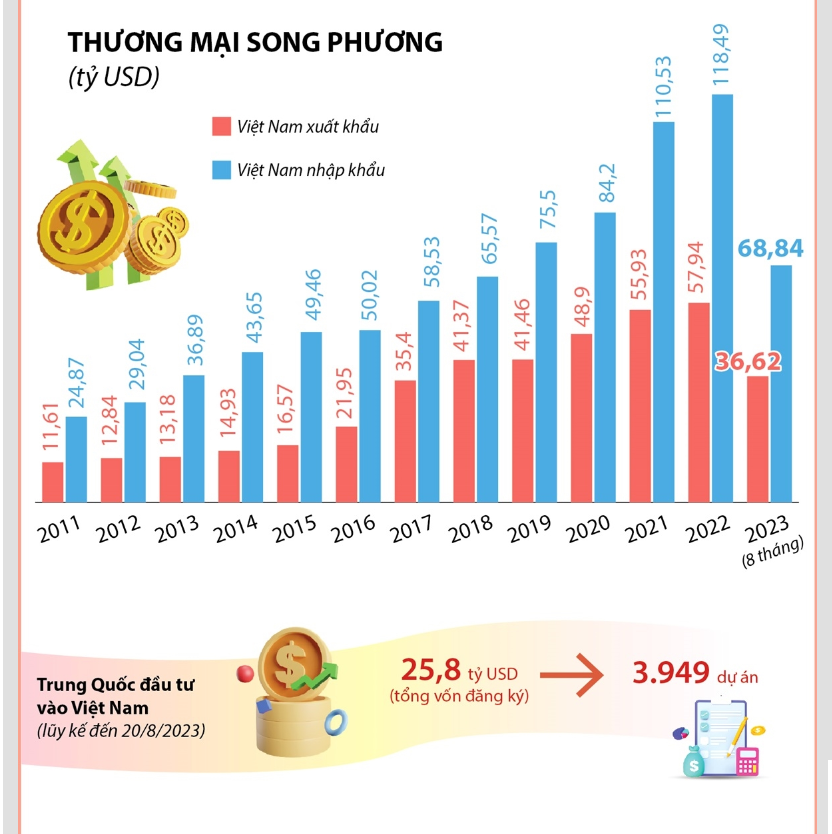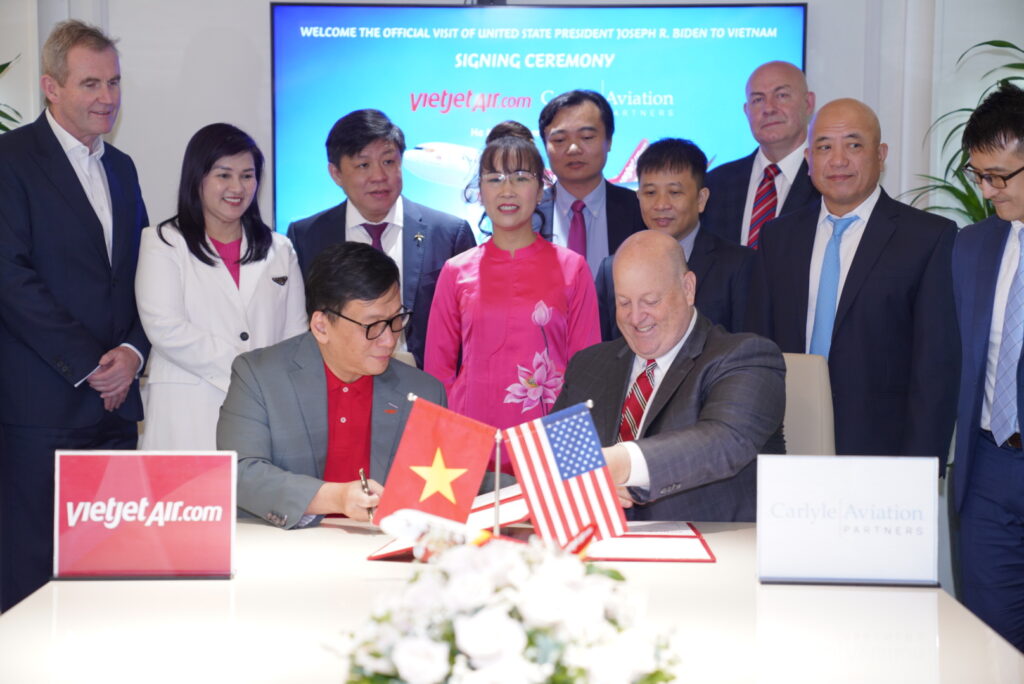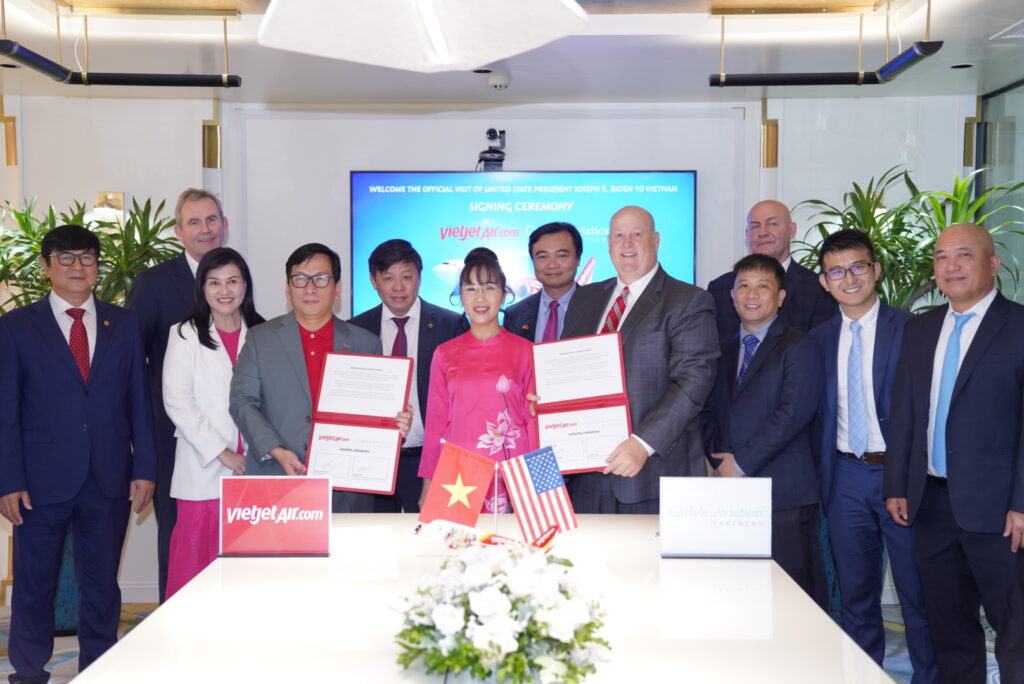Logistics is recognized as a crucial service sector within the overall structure of the national economy, playing a supportive, connecting, and driving role in the socio-economic development of the nation and its localities, contributing to enhancing the competitive capacity of the economy.

To be fair, the Vietnamese Logistics industry has made significant strides in recent years, with an average annual growth rate of 14%-16%, reaching a scale of 40-42 billion USD per year. The increasing number of logistics service providers and the improved quality of their services have contributed significantly to achieving the highest level of import and export results, amounting to 732.5 billion USD, a 9.5% increase compared to 2021.
However, the Industry 4.0 revolution has led to the emergence of various specialized services. Both Vietnam’s and the world’s logistics service markets face fierce competition as e-commerce flourishes, offering advanced logistics services like E-logistics, Green logistics, resulting in relatively high service costs for Vietnamese logistics companies.
Decision No. 221/QD-TTg dated February 22, 2021, issued by the Prime Minister of the Government, amending and supplementing Decision No. 200/QD-TTg dated February 14, 2017, on approving the plan to enhance the competitive capacity and development of Vietnam’s logistics services until 2025, has set forth the following goals: “By 2025, the contribution of logistics services to GDP will reach 5%-6%, the growth rate of logistics services will be 15%-20%, the outsourcing rate of logistics services will reach 50%-60%, logistics costs will decrease to about 16%-20% of GDP, and the global Logistics Performance Index (LPI) ranking will be 50 or higher.
Resolution No. 163/NQ-CP dated December 16, 2022, issued by the Government, on “Enhancing the Synchronized Implementation of Key Tasks and Solutions to Improve the Competitive Capacity and Development of Vietnam’s Logistics Services” outlines the development perspective for the logistics service market, focusing on enhancing the competitive capacity of logistics service providers.
Therefore, relevant ministries, sectors, and localities are required to concentrate their resources and promptly implement the assigned tasks stated in Decision No. 221/QD-TTg dated February 22, 2021, amending and supplementing Decision No. 200/QD-TTg dated February 14, 2017, to ensure the quality and progress as stipulated. This includes monitoring international and regional situations, analyzing and evaluating timely the impacts affecting our national economy, and proactively developing scenarios and plans to manage and direct logistical activities to efficiently serve domestic production, domestic circulation, and import- export activities.
The responsible ministries, sectors, and localities are obliged to understand the current situation, promptly detect and resolve arising issues in logistics activities that negatively impact the socio-economic sphere within the scope and domain of state management. They are also expected to fully leverage the geographical advantage of Vietnam’s location, strengthen connectivity, and position Vietnam as a significant logistics hub in the region.
Source: vlr.vn










